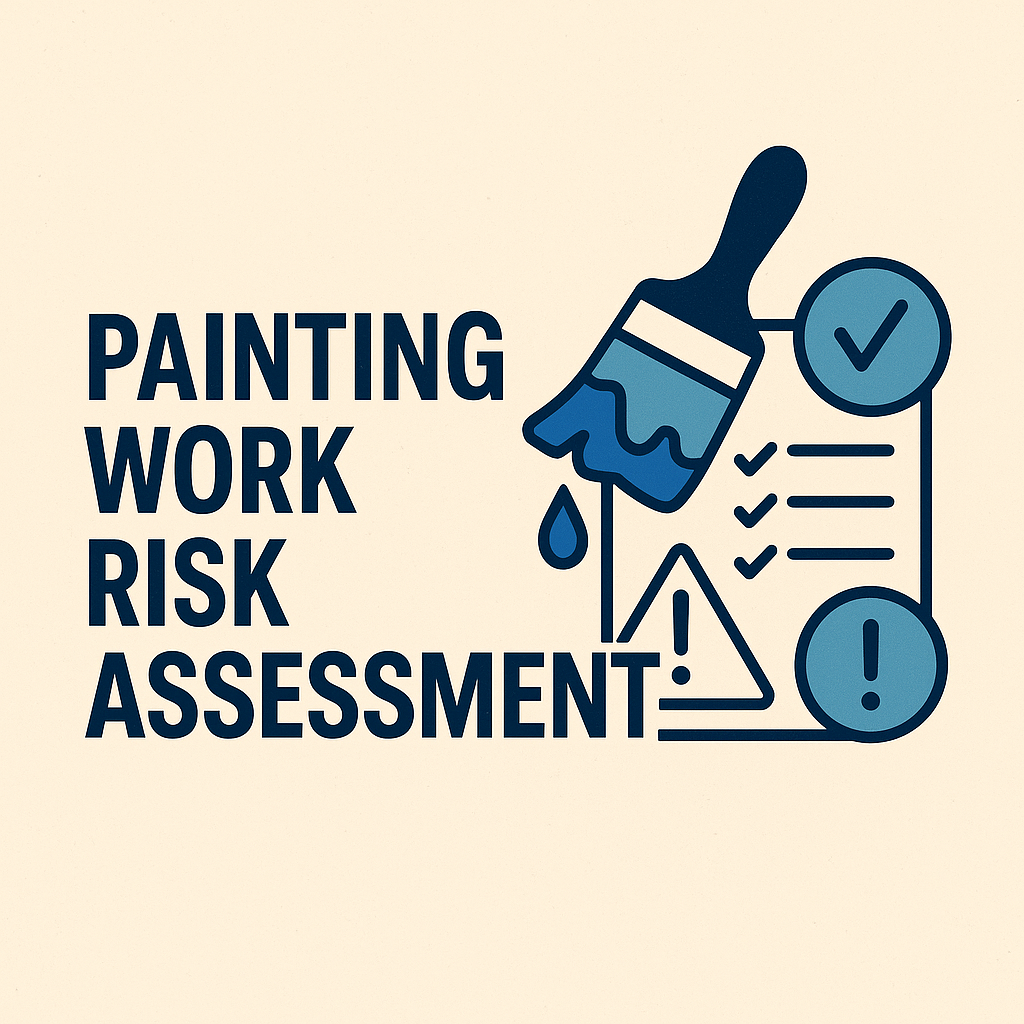
How to Be a Good Safety Officer: Ensuring Workplace Well-being
How to Be a Good Safety Officer : In today’s fast-paced world, workplace safety has become a paramount concern for organizations. Safety officers play a vital role in ensuring that employees are protected from potential hazards and accidents. This comprehensive guide will outline the essential qualities and responsibilities of a good safety officer, providing valuable insights into the path of becoming a proficient safety guardian.
Introduction
Being a safety officer is more than just a job; it’s a commitment to ensuring the well-being of all employees in the workplace. This article will guide you through the essential steps and qualities needed to excel in this crucial role.
Understanding the Role of a Safety Officer
Safety officers are responsible for identifying and mitigating workplace hazards, promoting safety culture, and ensuring compliance with safety regulations. They act as the bridge between management and employees, fostering an environment where everyone prioritizes safety.
Qualities of an Exceptional Safety Officer
Leadership Skills
A good safety officer should possess strong leadership skills. They need to inspire and motivate employees to adhere to safety protocols and guidelines.
Attention to Detail
The devil is in the details, especially when it comes to safety. A keen eye for spotting potential hazards can prevent accidents.
Communication Skills
Effective communication is vital for conveying safety information, conducting training sessions, and creating awareness among the workforce.
Problem-Solving Abilities
Safety officers often face complex situations that require quick thinking and problem-solving. Being able to address issues promptly is crucial.
Educational Requirements
Most safety officer positions require a bachelor’s degree in occupational health and safety or a related field. Some positions may necessitate a master’s degree for advanced roles.
Certifications and Training
Obtaining relevant certifications, such as Certified Safety Professional (CSP) or Occupational Health and Safety Technologist (OHST), can enhance your qualifications as a safety officer.
Familiarity with Safety Regulations
Safety officers must stay up-to-date with local, state, and federal safety regulations to ensure compliance within the organization.
Risk Assessment and Management
Assessing risks and implementing strategies to manage them is a core responsibility. This involves identifying potential hazards and taking preventive measures.
Safety Inspections and Audits
Conducting regular safety inspections and audits helps in identifying areas that require improvement and ensuring compliance with safety standards.
Emergency Response Planning
Being prepared for emergencies is crucial. Safety officers must develop and execute emergency response plans to protect employees in crisis situations.
Safety Culture Promotion
Fostering a safety-conscious culture within the organization is essential. Safety officers should encourage and reward safe behaviors.
Effective Documentation
Proper documentation of safety measures, incidents, and training sessions is vital for maintaining records and improving safety protocols.
Continuous Learning and Improvement
Safety is an evolving field. Continuous learning and staying updated with industry trends is essential for growth as a safety officer.
Team Collaboration
Working collaboratively with other departments and employees is key to implementing safety initiatives successfully.
Conclusion
Becoming a good safety officer is a journey that requires dedication, education, and a commitment to the well-being of all employees. By honing your skills, staying updated, and fostering a safety-first culture, you can excel in this essential role.
How to Become a Safety Officer in the United States
Certified Safety Officer Requirements and Benefits
Safety Officer Fresher Salary in Dubai
Safety Manager Salary in Dubai
Frequently Asked Questions (FAQs)
1. What are the primary responsibilities of a safety officer?
- Safety officers are responsible for identifying and mitigating workplace hazards, ensuring compliance with safety regulations, and promoting a culture of safety.
2. Is formal education necessary to become a safety officer?
- While a bachelor’s degree in a related field is often required, certifications and on-the-job training also play a significant role in becoming a safety officer.
3. What certifications are beneficial for a safety officer?
- Certifications like Certified Safety Professional (CSP) and Occupational Health and Safety Technologist (OHST) can enhance your qualifications.
4. How can safety officers promote a safety-conscious culture in the workplace?
- Safety officers can promote safety culture through training, communication, recognition of safe behaviors, and leading by example.
5. What is the importance of emergency response planning for safety officers?
- Emergency response planning is crucial for safeguarding employees during crisis situations and minimizing potential harm.
























